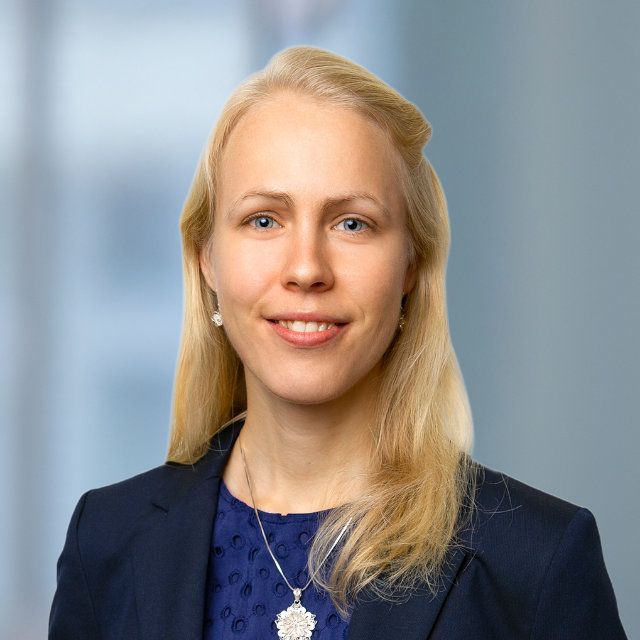Prof. Dr. Anne Ardila Brenøe
Anne Ardila Brenøe is a Professor of Business Economics with a focus on Personnel Economics and Economics of (Vocational) Education at the Department of Business, University of Zurich. Her research is embedded in the broader field of labor economics, with a focus on personnel and education economics. She studies topics such as occupational choice, skill allocation, and gender inequality.
Anne Ardila Brenøe did her PhD in Economics at the University of Copenhagen. Moreover, she has a Master of Science in Economics from the University of Copenhagen and one in Economic Demography from Lund University. She is affiliated with IZA and the Center for Economic Behavior and Inequality (CEBI) at the University of Copenhagen. She joined the University of Zurich in 2018 as Larsson-Rosenquist Foundation Assistant Professor at the Department of Economics.
Short interview with Prof. Dr. Anne Ardila Brenøe
(Interview took place when Prof. Brenøe was a Larsson-Rosenquist Foundation Assistant Professor at the Department of Economics.)
What influenced your career decisions?
In high school, I was very interested in politics and societal issues in general –and then I liked math. These interests motivated my choice of studying economics at the university. I have always desired to know more and it felt therefore natural to want to generate new knowledge myself as a researcher. I think this inner drive has been the primary source of what has directed my career decisions, but I have of course also met people on the way who have influenced my aspirations and ideas of what I could do.
What achievement in your life are you particularly proud of?
I am proud of being where I am today. I am an assistant professor at one of the best universities in Europe, doing what I really like, in a really nice location, I am married, and I am a mother. All this, I have accomplished before turning 30.
Where do you get inspiration from for your work?
I get inspiration from my everyday life, from observing people, and reading popular and academic articles.
According to your opinion, what will distinguish our Faculty in five years' time?
We will continue to contribute to society with high-quality research and education.
Why would you recommend studying at our Faculty to young women holding their Matura (Swiss university entry qualification)?
I would highly recommend young talented women to study economics (or another major in the Faculty) for two reasons. First, this is a really interesting field of study in which you will get a better understanding of the society in which we live – both at the macro (country) and micro (individuals or firms) level. Many people believe that economics just has something to do with money, banks, and inflation. Yet, that is not the case. I study for instance how early childhood conditions affect later educational attainment and choice of occupation. Second, a degree in economics opens many doors and gives better job opportunities than studying in other less-mathematical programs.
